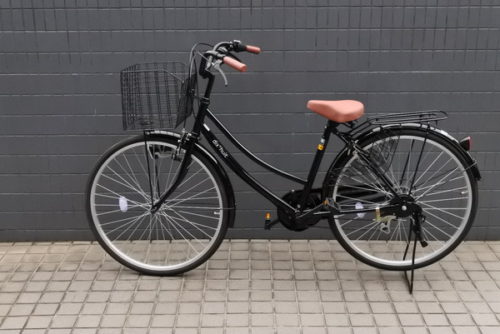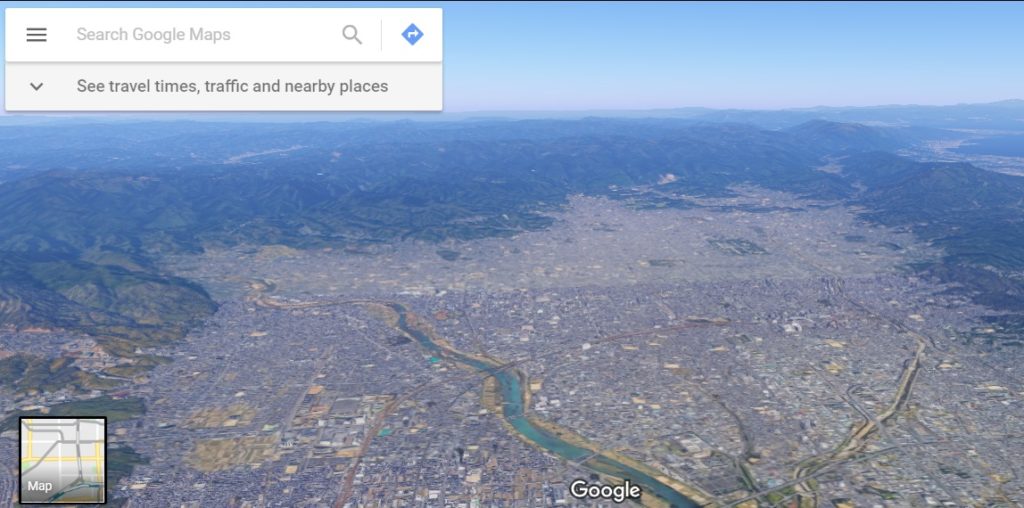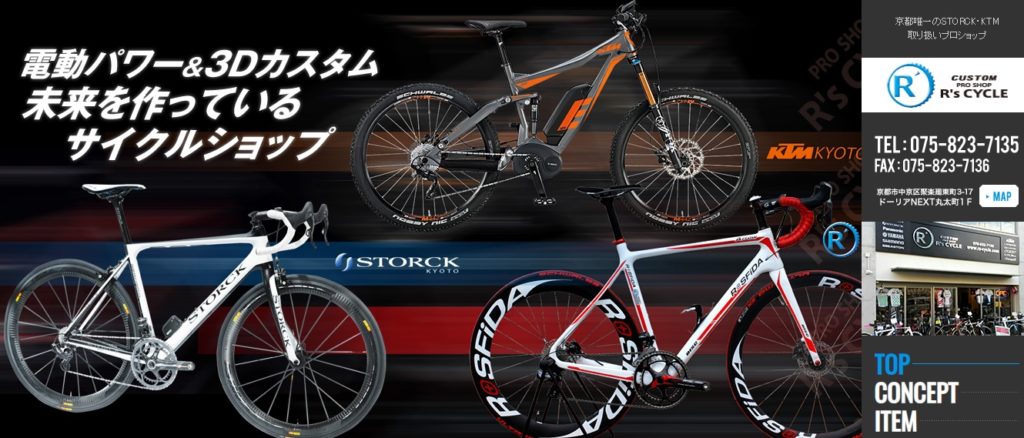
The iconic MamaChari city bike. Complete with basket.
In my enjoyable 3 month stay in Kyoto, Japan, researching the extraordinary omotenashi customer service culture, I was lucky to have been loaned a bicycle to get around on by my homestay host. One he had borrowed from a friend of his.
Little did my host know that I love cycling and that I would go on to ride this "mama chari" ladies step-thru city bike a total of about 2,000 kms over the next 90 days. I went everywhere! Everyday. Averaging about 30 kms a day.
Now Kyoto is very cycle friendly city. It is mainly pretty flat, has nice wide boulevards, wide pavements (that's sidewalks to my American readers) and as for the overall size, it is a city of about 1.5 million people.

Binary Market
As a result of this combination of geography and bike friendly design, there are lots of cycle shops and they're divided into two main types:-
1. High End (expensive) "pro bike" shops selling the latest models of the top brands and technology.
2. The rest - mainly comprising "mama-chari", city bikes, kids bikes and budget spec. electric bikes
There are approximately 30 of the High End "pro bike" shops and quite possibly several hundred of the rest. They seem to be on every street corner by my observations riding all over the city.
It's a competitive business then!
So - if you are in this highly competitive business, how do you survive / compete? as the industry has a relatively low capital investment barrier to entry?
Obviously by a combination of customer acquisition and customer retention.
How do you achieve that?
By delivering memorable, polished Customer Service - which leads to increased word of mouth recommendations -> customer acquisition + retention.
Q. What form does that customer service take in Japan, where expectations of customer service are sky high? Because the way you treat the customer - courtesy, politeness, friendliness is taken for granted here.
A. Even higher levels of the professionalism with which you deliver the product or service:- product knowledge/expertise, new bikes and bike repair/service activities.
So today I get to interview Kuroda-San - the owner of RJ Cycles,
one of the 30 or so high end pro-bike shop on one of the main arteries in Kyoto, know as Marutamachidori.R
I met him in my first week in Kyoto when I dropped into his shop to see some of the latest cycling technology and models, and quite coincidentally met him and his wife up at a convenience store in a small village up in the hills above the city a couple of weeks later. He was off to do one of his mountain bike trail afternoons, and I was doing a circuit in the northern hills above #kyoto
As he was on my regular route home from "downtown" - I got to visit his shop several times and get to know him.

Let's see what he has to say about "Omotenashi" customer service. Is it something he is familiar with? And what other aspects of the customer experience model are important to him?